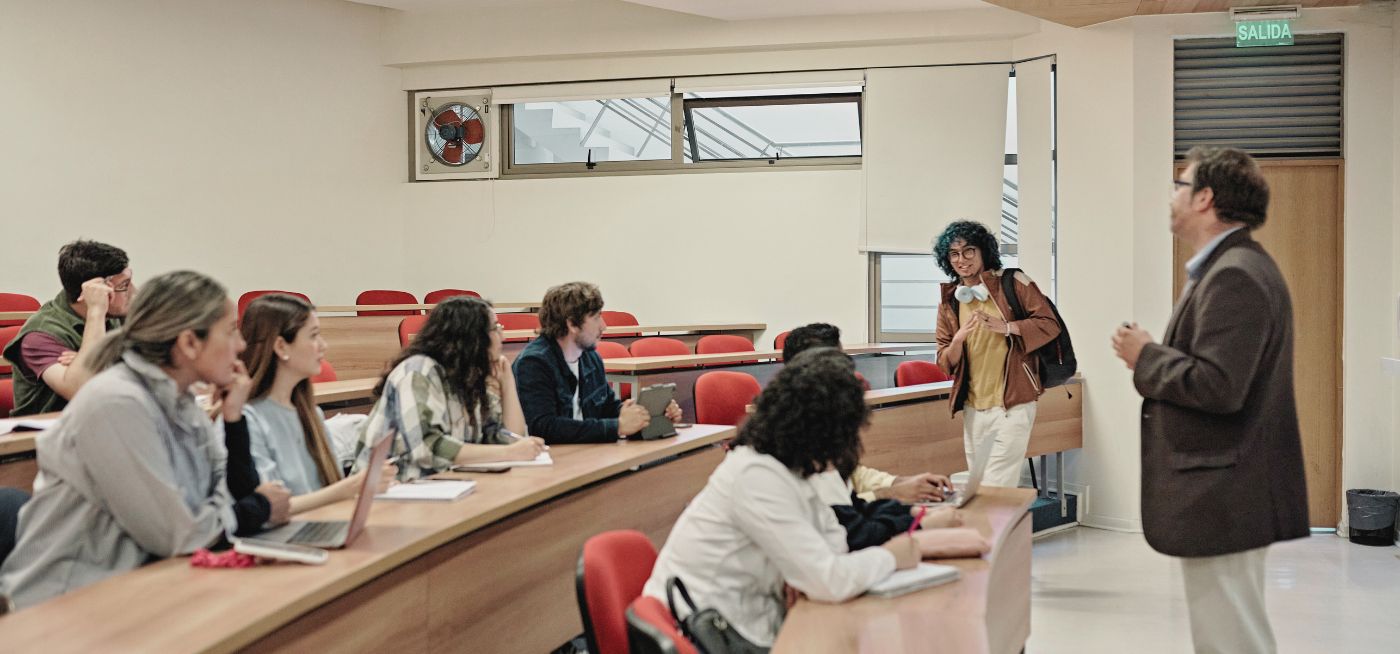

The differences: APEL.Q Vs. Traditional Education
The Accreditation of Prior Experiential Learning for Qualifications (APEL.Q) offers a revolutionary approach to earning academic credentials by valuing real-world experiences.
This method starkly contrasts traditional educational models, which rely heavily on structured coursework and examinations. By recognizing the skills and knowledge gained through professional and personal experiences, APEL.Q provides a flexible, fair, and efficient pathway to academic achievement. Let’s delve into the key differences between APEL.Q and traditional education and discover how APEL.Q is reshaping the landscape of lifelong learning.

Emphasis on Practical Experience
APEL.Q revolutionizes the process of credentialing by placing significant value on real-world experiences. Unlike traditional education systems that primarily rely on test-based assessments to measure skills and knowledge, APEL.Q evaluates an individual’s competencies through their actual learning and working experiences. This approach is transformative for professionals with extensive backgrounds who are seeking academic recognition for their practical expertise.
Aligned with Professional Standards
Both APEL.Q and traditional education aim to assess an individual’s abilities against national occupational standards. These standards ensure that graduates possess the skills and knowledge necessary to perform effectively in their chosen fields. However, APEL.Q stands out by uniquely acknowledging the relevance of skills, behaviors, and knowledge acquired outside the classroom. This approach offers a more holistic view of an individual’s capabilities.
Unique Pathways for Recognition
APEL.Q is more than just an alternative educational approach; it provides a unique and exciting pathway to academic recognition for experiential learning. Traditional education often follows a linear path, where students advance from one level to the next by completing a prescribed set of courses and exams. In contrast, APEL.Q bridges the gap between real-world experience and academic advancement, offering a thrilling opportunity for lifelong learners and professionals to gain formal qualifications based on their practical experiences.
This method of recognition is particularly beneficial for adult learners who may have interrupted their formal education to enter the workforce. With APEL.Q, They can resume their academic pursuits. Instead, their professional achievements and experiences are assessed and credited, allowing them to progress more quickly towards their academic goals.
Conclusion
APEL.Q is redefining academic recognition by valuing real-life experiences as highly as formal education. It’s time to rethink how we view qualifications and career advancement. By integrating practical experience into the academic framework, APEL.Q offers a flexible, fair, and efficient pathway to academic achievement. Embrace the future of learning with APEL.Q and unlock new career opportunities today.
![SmartUni [The Voice of SIMI Swiss]](https://smartuni.ch/wp-content/uploads/2024/07/Smart-Uni-Logo_800-2.png)








Leave a Reply